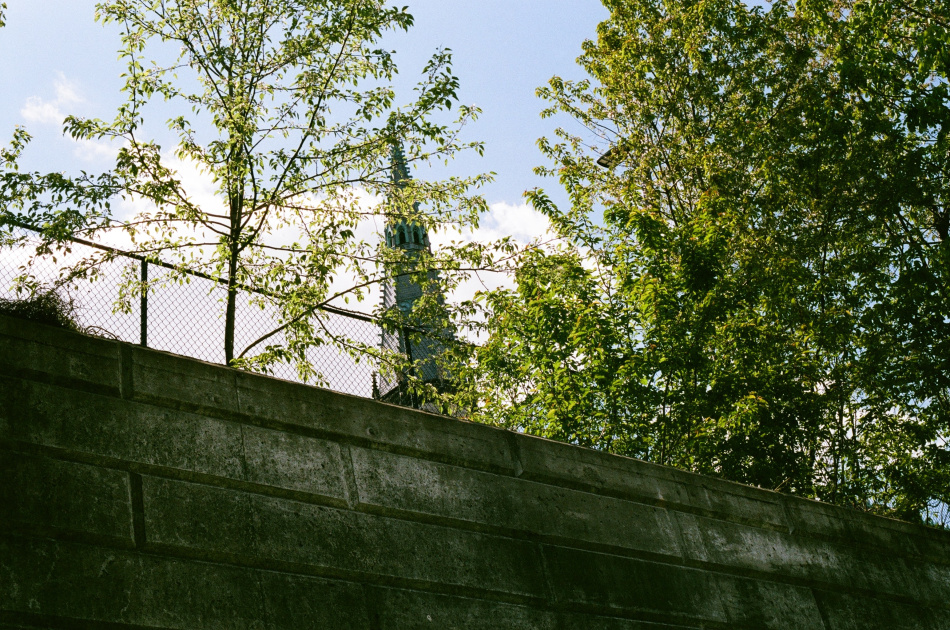

What is the main purpose of the SEAS Sustainability Clinic (Clinic)?
The Clinic was created to build long-term capacity and partnership in Detroit—while boosting the local impact of SEAS’ work and collaboration on sustainability and equity. Using a single point-of-contact approach, the Clinic facilitates connections between Detroit residents, nonprofit organizations, businesses and city government to the resources and issue-specific expertise available to them through the Clinic. The goal is to allow for easier and more durable access to collaborators, graduate students, internships and projects with multi-year engagement opportunities that provide the capacity to produce real, tangible and lasting results for Detroit residents and their communities. Through our approach of collaboration and listening first, we aim to be responsive to community needs as the Clinic evolves.
Why is the Clinic focused on Detroit, and will it expand to other areas?
The Clinic is an extension of decades of ongoing U-M work and relationships throughout Detroit, as SEAS has been consistently engaged in the city through activities such as its master’s projects, in which students work with clients to develop solutions to real-world problems. In recent years, Detroit communities—as well as Detroit city government—have called for increased engagement with U-M. Connecting the Detroit community to U-M resources that foster environmental progress, public health and justice is critical, as evidenced by high rates of illness during the COVID-19 pandemic and acknowledgement of racial injustice. SEAS is well positioned to make greater impacts in these areas by broadening its reach through community partnerships, and becoming a “resident” of the city.
While the Clinic’s focus is on Detroit, the original aim was to also create a partner organization, the statewide Michigan Sustainability Clinic. The statewide Michigan Sustainability Clinic would work across Michigan with the goal of supporting the vision that the Great Lakes State lead the nation in the transition to a 21st Century robust, clean-energy and environmentally sound economy that benefits all citizens, and that is sustainable and just. More information about the statewide Clinic will be available soon.
Who leads the Clinic?
SEAS Associate Professor Tony Reames (PhD) was appointed as the Clinic's new director in January 2024. Reames was a presidential appointee in the Biden-Harris Administration, serving as Deputy Director for Energy Justice and Principal Deputy Director for State and Community Energy Programs at the U.S. Department of Energy. He led the agency's implementation of President Biden's Justice40 Initiative, and oversaw $16B in clean energy programs to state and local governments. Prior to Reames' arrival, Kerry C. Duggan (MS), former climate advisor to President Biden and appointee to the Secretary of Energy's Advisory Board (SEAB) and Michigan Gov. Gretchen Whitmer’s Council on Climate Solutions, served as the Clinic’s founding director. Virginia Sabia Wilkinson (MS) is the Clinic's Program Manager, while Lauren White (MS) serves as Deputy Director of Communications & Engagement.
Is the Clinic accepting new clients?
The Clinic will re-open the selection process for its SEAS Master's Projects in fall 2025. In the meantime, we have recently launched a new initiative called Sustainability Assist, which provides capacity for additional non-Master's Projects in spring and summer 2025 and beyond. If you are interested in project opportunities with the Clinic, please email us at sustainabilityclinic@umich.edu.

